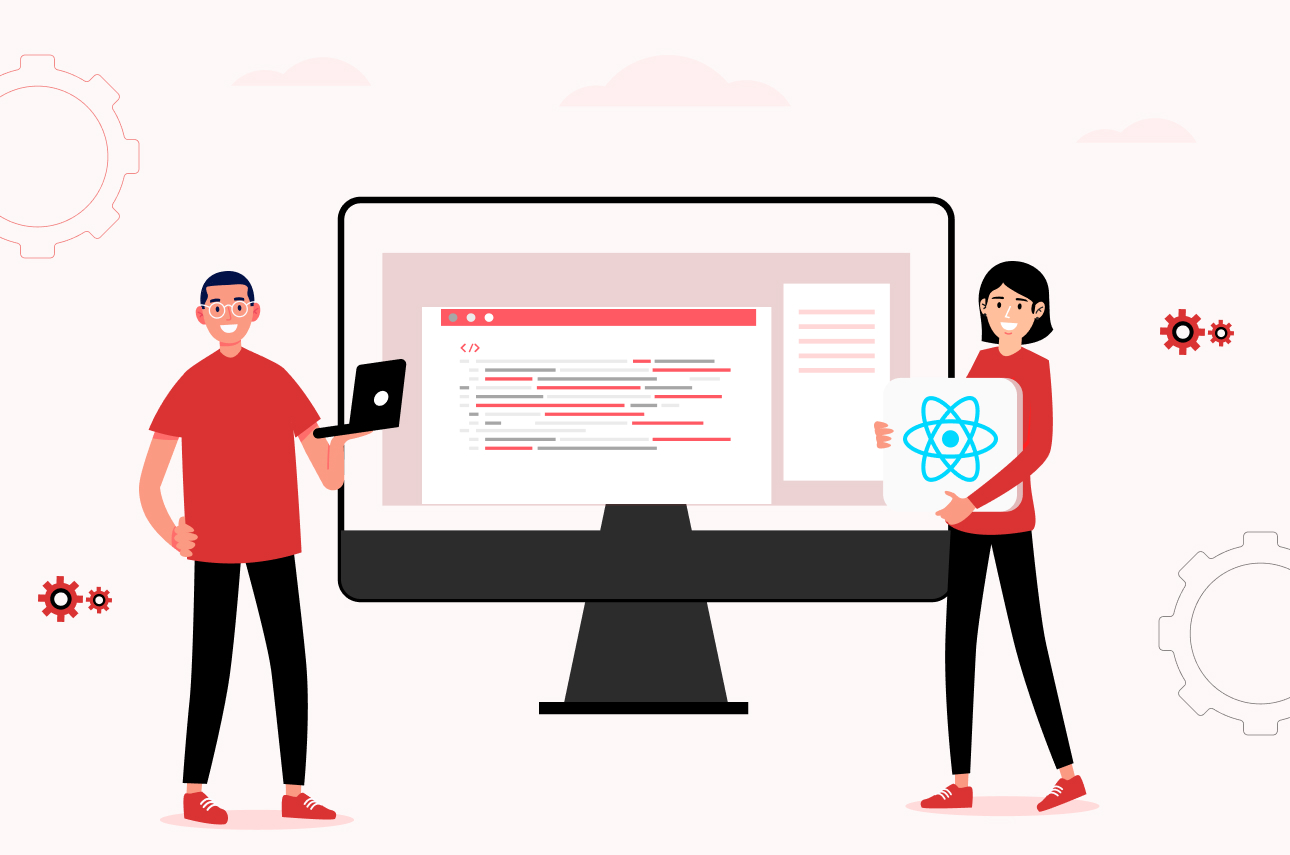Introduction
Let us start this article with the homework. Yeah, you heard it right friends. A homework. This homework ought to be done by you to hire React.js developers for your next project. Here is a breakdown of the process before you decide to hire React.js developers as it will help you attract, evaluate, and onboard the right candidates.
Define Project Requirements and Scope
Before initiating the hiring process, have a clear understanding of your project requirements, objectives, and scope of work. Determine the specific skills and expertise needed in the React.js developers you want to hire.
Craft a Detailed Job Description
Create a comprehensive and appealing job description that outlines the responsibilities, required skills, qualifications, and any other relevant information about the position. Be specific about the level of expertise needed, such as junior, mid-level, or senior React.js developers.
Choose the Right Hiring Platform
Select the appropriate hiring platform to reach potential candidates. Popular choices include job portals, social media platforms, and tech-specific communities. Additionally, consider utilizing a recruitment agency or outsourcing React.js web development company like Bytes Technolab Inc which specializes in offering React.js development services. We can help you hire dedicated React.js developers at the best rates.
Also Read – React.js vs Angular.js A Comprehensive Comparison








